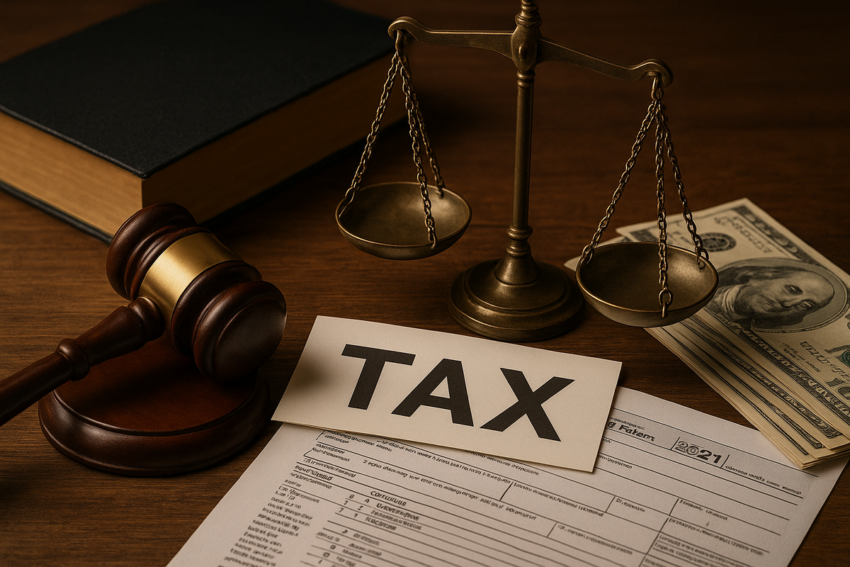Facing tax crime charges in Chicago can be a stressful and complex experience. Understanding what these charges entail, how the legal process works, and the steps you can take to respond is essential for protecting your rights and minimizing potential consequences. Tax crimes can range from simple errors in filing to deliberate acts of tax evasion, and the severity of the charges often depends on intent, amount of money involved, and past history. Being informed about the process is the first step toward effective legal defense.
Common Tax Crime Charges in Chicago
Tax crimes in Chicago may involve federal, state, or local tax laws, and can include offenses such as tax evasion, filing false returns, failure to file returns, and fraud. Tax evasion occurs when an individual or business intentionally avoids paying owed taxes through deception, concealment, or fraudulent reporting. Filing false returns involves knowingly providing inaccurate information to reduce tax liability. Penalties for these crimes can be severe, including fines, interest on unpaid taxes, and even imprisonment in more serious cases. It is important to note that even unintentional mistakes can trigger investigations, though intent typically determines the severity of criminal charges.
The Legal Process and What to Expect
When facing tax crime charges in Chicago, the legal process generally begins with an investigation by the Internal Revenue Service (IRS) or state tax authorities. This may include audits, subpoenas for records, and interviews. If sufficient evidence is found, charges may be filed, leading to arraignment, pre-trial motions, and potentially a trial. Throughout this process, defendants have the right to legal representation, to review evidence, and to challenge any procedural errors. Understanding these steps helps individuals navigate the system more confidently and reduces the likelihood of missteps that could worsen the situation.
How to Respond and Protect Your Rights
Responding appropriately to tax crime charges requires immediate and informed action. Consulting an experienced tax attorney is critical, as they can provide guidance on communication with authorities, document review, and possible defenses. Maintaining thorough records of income, deductions, and correspondence with tax agencies can also be crucial in building a strong case. In some situations, negotiating settlements or participating in voluntary disclosure programs may reduce penalties. Above all, it is important to remain calm, cooperate where legally appropriate, and avoid making statements that could be construed as admissions of guilt. Taking proactive steps early can significantly impact the outcome of tax crime cases and protect your financial and personal interests.
For those navigating the complexities of tax crime charges in Chicago, understanding the investigative process and potential risks can feel overwhelming. Our article, “When Tax Investigations Turn Into Thrillers: Lessons from Real-Life Cases and Cinema”, explores how real-life tax cases can unfold like suspenseful thrillers, highlighting key lessons from legal experts and providing insight into effective defense strategies. By drawing parallels between the high-stakes tension of investigations and narrative suspense, readers can better appreciate the importance of preparation, professional guidance, and proactive steps to protect their rights.
